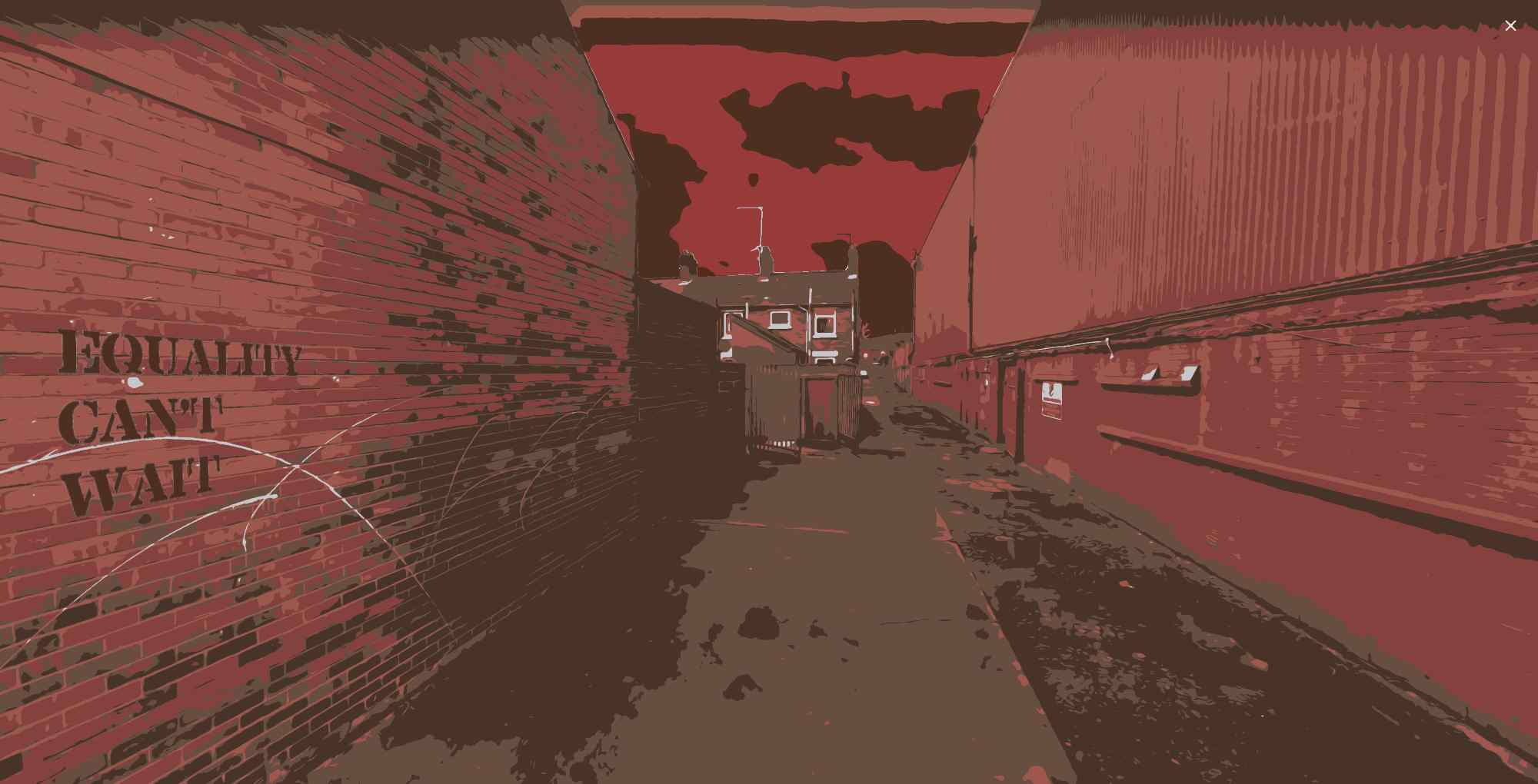
Policy Watch
An eye on policy changes in Ireland, the UK and beyond
Migration Advisory Committee findings for 2023 contradict Home Office (and local) scaremongering about immigration levels – and their impact on housing
The Migration Advisory Committee (MAC) is an independent public body set up in 2007 to provide transparent, evidence-based advice to the UK government on migration issues. It is sponsored by the Home Office but frequently finds its input ignored.
Current UK government policy is to bar asylum seekers from working until they have been waiting twelve months for their claim to be decided, and then only if they qualify for a position on the government’s highly selective ‘shortage occupation list’ of largely professional and specialised posts. The MAC does not endorse this policy – despite recent ministerial claims to the contrary. In its 2021 annual report the Migration Advisory Committee not only questioned Home Office policy and recommended a review, but also put forward the suggestion of allowing asylum seekers to work, in any occupation, after six months:
“the MAC would recommend the Government review their policy on allowing asylum seekers to work. One option might be to allow applicants to work if an initial decision has not been made within six months. We also question the value of the current restriction that allows work after 12 months only on SOL [Shortage Occupation List] occupations – this was never the purpose of the SOL, and the original reasoning behind this restriction does not seem to be particularly coherent.”(p32 - emphasis added)
The MAC repeated this view as recently as its October 2023 review of the Shortage Occupation List (pp. 16, 33-34). (This followed on the heels of research from the National Institute of Economic and Social Research into the impact of a UK policy shift allowing asylum seekers to work: it estimated an increase of £1.3bn in UK tax revenue, an increase of £1.6bn in the UK’s GDP and a reduction of £6.7bn in UK government expenditure).
The MAC’s 2023 annual report, released in December, contains even more uncomfortable reading for a Home Office prone to sensationalism and fear-mongering, particularly about asylum seeker, refugee and humanitarian population flows. (This data is included, along with student visas, work visas and a range of other categories, in the Office of National Statistics’ migration figures). In contrast to then-Home Secretary Suella Braverman’s feverish references to “the invasion on our southern coast” and “the hurricane [of migration] that is coming”, in December the MAC soberly reported that in 2022 the UK’s new high for net migration – 745,000 – was, “accounting for population… a similar level of net migration to comparator countries”. This is graphically demonstrated by its chart below:

Image caption: According to MAC, in 2022 the UK’s new high for net migration was “accounting for population… a similar level of net migration to comparator countries”
According to the MAC, the global increase in net migration in 2022 was due to, firstly, the impact of the COVID-19 (with immigration plans delayed until after the pandemic) and, secondly (and particularly for Europe), war in Ukraine. It went on to note that the relatively larger increase in the UK’s net migration as compared to France or Italy was due mainly to “increased student numbers and health and care work (H&CW) visas”. (The latter scheme put in place in December 2020, to meet a severe labour shortage in the UK post-Covid, which has “eased the workforce pressures in the sector and surely improved the availability of care”. The figures reveal that most of these workers have come to London, elsewhere in England or Wales, with only a tiny proportion travelling to Scotland or NI.)
On 4 December the Home Office announced a policy change, to be implemented in spring 2024, preventing health and care work visa holders from bringing their children to the UK. According to the MAC this “is likely to disproportionately affect women, lead to migrants being more isolated and therefore potentially susceptible to exploitation, and lead to long separation of families”.
For Northern Ireland, the MAC data provides, again, a salutary dose of reality to counter anti-immigration hype. Its findings are that between 2011 and 2021, while there was an increase of over 50% in migration to a number of NI councils (Belfast, Lisburn & Castlereagh, Mid & East Antrim and Armagh, Banbridge & Craigavon), as shown in the graphic below, overall there has been no change in NI’s population density during the same period. What this means is that there were so few immigrants here in 2011 that increasing their number by half again in 2021 causes an increase so miniscule it doesn’t show up – even in the affected council areas.

Image caption: There were so few immigrants here in 2011 that increasing their number by half again in 2021 causes an increase so miniscule it doesn’t show up – even in the affected council area
On the hot topic of the impact of immigration on the UK housing shortage, the MAC points out that “migration can positively impact the supply of housing with some of the immigrant population being likely to work in the construction sector, as we argued in 2018”.
However, it notes, given a context in which housebuilding has not kept pace with population growth and therefore with need, immigration may be one factor increasing demand; and it adds, “to the extent that policymakers are unable, or unwilling, to address the various other constraints on house building, this may encourage a focus on reducing net migration.”
This warning about potential scapegoating of migrants for a housing crisis that they have no control over, and no hand in creating, is nothing if not timely.